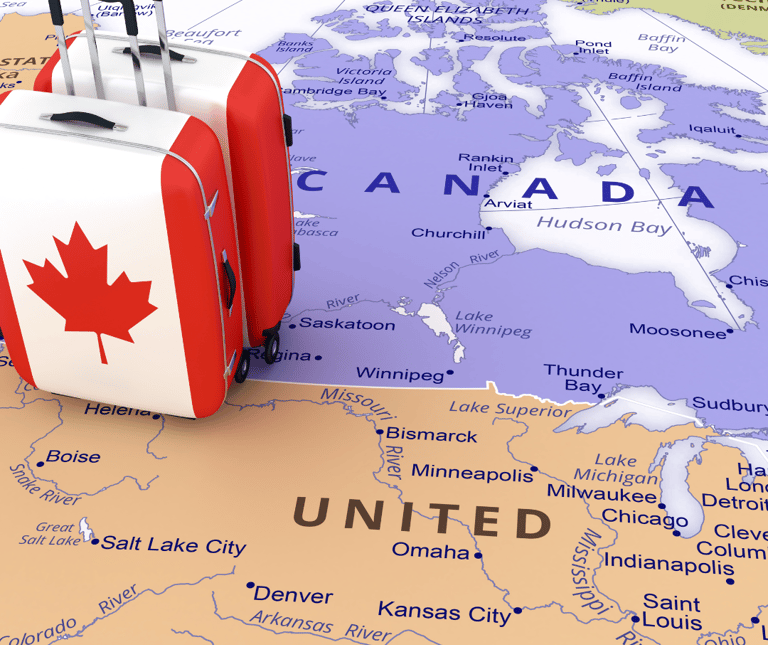
Refugee claim in Canada
⚖️ Understanding Refugee Claim in Canada
Canada is a party to the 1951 Convention on Refugees and its 1961 Protocol. The Canadian government conduct a rigorous assessment to determine whether you are a refugee or a person in need of protection.
Asking for refugee protection in Canada is called making a refugee claim. Even if you were maltreated in your country or it is a dangerous place, you may not be allowed to stay in Canada. You must show that you are a Convention Refugee or a Person in Need of Protection, by providing a clear, extensive and credible narrative of what happened to you before arriving in Canada to claim refugee status.
The first step in making a refugee claim is to present a request to the Canadian government. There are two ways to do this, and you must be within Canada.
If you are inside Canada, complete and submit your online application on the IRCC portal.
If you are at the border, an airport, or a detention centre, tell a CBSA officer that you want to make a refugee claim. The Canadian Border Services Agency or Immigration Refugee Citizenship Canada agent will decide if you are allowed to make a refugee claim within Canada. If so, you must send your claim to the Immigration Refugee Board -Refugee Protection Division of Canada, according to the procedural rules.
🚫 Who May Be Eligible to Make a Claim?
✅ Be physically present in Canada or at a port of entry.
✅ Not subject to any removal order or ineligible under specific legal grounds.
✅ Cannot return to your home country because of a well-founded fear of persecution due to:
Race.
Religion.
Nationality.
Political opinion.
Membership in a particular social group (e.g., LGBTQ+, gender-based claims).
🇺🇸 Are you in the United States?
The Canada–United States Safe Third Country Agreement (STCA) rules that refugee claimants must seek protection in the first safe country they reach — either Canada or the United States — unless they fall under a specific exception outlined in the Agreement. This bilateral mechanism supports a coordinated, rules-based asylum process, ensuring that refugee claims are managed efficiently while upholding the integrity of both nations’ immigration and humanitarian frameworks.
If you are currently in the United States and wish to explore legal immigration options to Canada, our firm can provide professional guidance and a detailed assessment of your eligibility.
📩 Contact us today to schedule a consultation with our Regulated Canadian Immigration Consultant (RCIC), Alejandro Gonzalez, and receive tailored advice for you by clicking on the following link: Canadian Refugee Claim Assessment
How can we help?
Our experienced Regulated Canadian Immigration Consultants (RCIC), Alejandro Gonzalez, will provide:
Detailing eligibility assessments before you make a refugee claim to the Canadian authorities.
Supporting with PR applications after acceptance.
👉 To help verify Mr Gonzalez as a Canadian immigration consultant of the College, click on the following link: The College of Immigration and Citizenship Consultants of Canada










